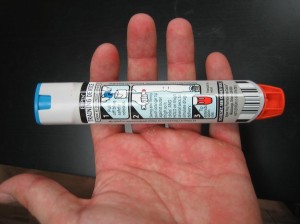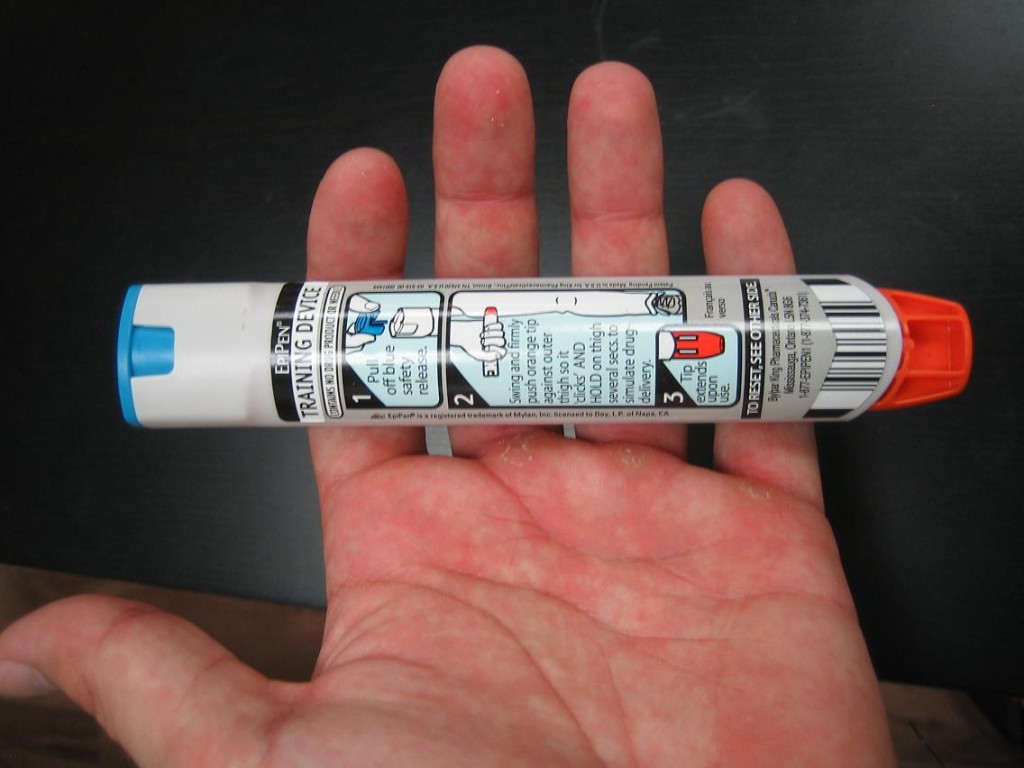Apple allergy is a usual type of oral allergy syndrome (OAS). If an individual starts to experience itchiness, tingling or puffiness of the lips, throat or tongue after consuming raw apples, it simply indicates that he/she has oral allergy syndrome.
It is important to note that the proteins present in raw apples are strikingly similar to those found in birch pollen and mugwort pollen. Approximately 50-80% of those who have birch pollen allergies can also react to raw apples. The proteins present in apples break down once cooked, thus the individual might be able to tolerate baked apples or applesauce. Nevertheless, raw apples are likely to trigger symptoms.
What are the signs and symptoms?
The indications of apple allergy are generally limited to a localized response of the lips or mouth. Occasionally, some individuals might end up with severe reactions that might include rashes, diarrhea, stomach cramps or even anaphylaxis in rare cases.

Individuals who have OAS usually have detrimental symptoms during the peak pollen period in which their bodies are managing the reactions to the pollen. Some are capable of eating raw apples at other times of the year, but not when the pollen count is elevated.
In case severe symptoms manifest, such as difficulty breathing or wheezing, it is vital to seek immediate medical care. Anaphylaxis is rare but not impossible.
Over-the-counter antihistamines
The localized symptoms such as swelling of the lips or mouth and itchiness can be managed using over-the-counter antihistamine. After using antihistamines, an individual with oral allergy syndrome must be monitored during the next few hours to ensure that more severe symptoms do not manifest.
Immunotherapy for birch pollen can help those who have sensitivities to apples. If an individual is suspected with apple allergy, a doctor or allergist should be consulted. The severity and type of symptoms can be used to determine if the individual is suitable to undergo immunotherapy or needs a prescription for an epinephrine auto-injector.
Since there is still no remedy for food allergies, the management of apple allergy is done by avoidance of raw apples and being ready to deal with future allergic reactions.
Cross-reactivity with other foods
Individuals who have birch pollen allergy might also react to nectarines, hazelnuts, peaches, carrots, kiwi fruit, cherries, apricots, plums, pears, soybeans and celery. Those who have mugwort allergies can also react to melons, celery, carrots, chestnuts and hazelnuts.

